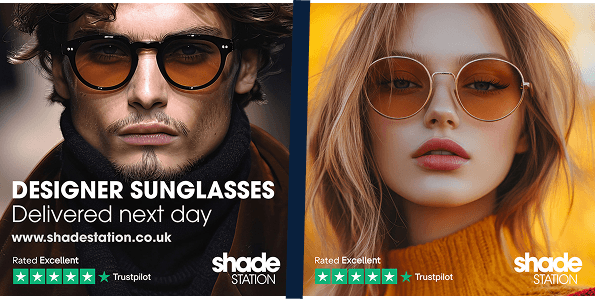USPTO has registered 1,000 ‘AI enhanced’ works as copyright
6 May 2025


Author
Martin Croft
PR & Marketing Manager
The US Patent and Trademark Office has now registered more than 1,000 copyrights for ‘AI enhanced’ creative works, senior officials said in an interview with the World Intellectual Property Organisation’s regular magazine.
In the interview, titled ‘US Copyright Office on AI: Human creativity still matters, legally’, Assistant General Counsel Jalyce Mangum says: “Artists have used technology for decades to enhance, modify and add to their creations – that isn’t new, nor is the requirement for human authorship to secure copyright protection. The Office has registered more than a thousand works where applicants have followed our guidance to disclose and disclaim AI-generated material.”
The USPTO makes a distinction between using AI as a tool to help a human being create something, and the AI ‘creating’ something on its own. Mangum adds: “Distinguishing between using AI as a tool to assist in the creation of works and using AI to stand in for human creativity is important. The difference is whether AI is enhancing human expression or is the source of the expressive choices.”
Mangum’s colleague, Senior Counsel Chris Weston, explains that US copyright law is different to most other countries: “US copyright law differs from copyright laws of other countries in several ways, including that it creates a system where applications to register copyrights are examined at the Office. Registration is not mandatory but it does provide significant benefits.”
In most jurisdictions, copyright is automatic and exists from the act of creation of a literary or artistic work, and there is no need to register copy right. However, under the American legal system, copyright is still automatic, but any claims for damages relating to copyright infringement require the copyright in question to be registered with the USPTO.
Effectively, as explained on the USPTO copyright site, “you do need to register [your work] with the Copyright Office before bringing an infringement lawsuit in federal court." “you do need to register [your work] with the Copyright Office before bringing an infringement lawsuit in federal court. Also, if you take someone to court for using your work without your permission and you want to try to have your attorneys’ fees covered or pursue certain other types of compensation (called statutory damages), the timing of your registration matters.”
The USPTO also has a small claims forum for disputes involving damages totalling less than $30,000; again, to use this, copyright owners have to register their works.
So to recap the impact of the USPTO’s rules on copyright and AI-generated works: artists can use AI as a tool to help them create something and still get copyright on resulting works, but anything that is purely AI generated with no human input cannot get copyright.







